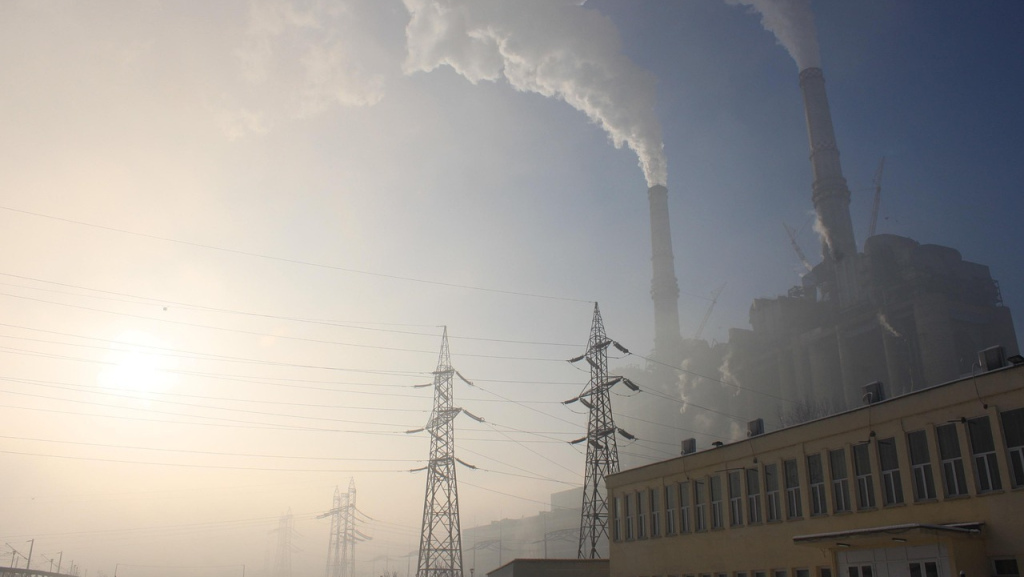To me, and likely to you too, climate change is an established fact of the modern age. For years top scientific organisations, from NASA to The Royal Society, have validated its existence and warned of its threats.
So, it is confusing to see the increasing amount of discourse from high profile figures around climate change. Now, I am not a political commentator, so will not delve into the specifics here. I have theories as to why high ranking officials may be sowing the seeds of doubt, but that’s not for now.
However, I am here to give a climate crash course. To remind you, dear reader, that climate change is real, and needs to be taken seriously.
The Basics

Since the industrial revolution, the average global temperature has risen 1°C. Even if the number doesn’t seem very high, any sudden unnatural shift can have adverse effects on nature. It can cause more extreme weather, ocean acidification, rising sea levels, amongst other issues.
The burning of fossil fuels, such as coal, oil and natural gas, releases carbon into the atmosphere. There is, in fact, 120 parts per million more carbon dioxide in the atmosphere than in the last 800,000 years, accumulated since 1911. These extra gases trap the sun’s energy on Earth and has sped up the warming process.
The Misconceptions

Timothy Morton in his book Hyperobjects: Philosophy and Ecology after the End of the World, says the world has already ended. Not like that. Instead, our small perception of the world has to end to affect real change. Climate change is a hyperobject. A concept so large we find it hard to see its entirety.
It is perhaps more comforting to believe this is where the scepticism and inaction comes from. Rather than greed and hate. Misconceptions have become a safety blanket against the truth of climate change.
“The climate has always changed.”
Correct, however, the nuance in this statement, true as it may be, is lost. Humans emit greenhouse gasses at a far greater rate than any other period in history. And even if this phrase is true, drastic increases in CO2 previously have been catastrophic.
“Global Warming can’t be real, as it is still cold.”
Climate and weather are separate concepts. On top of a temperature increase, the warming climate creates more extreme weather events, including flooding, hurricanes and storms. Additionally, there is evidence to suggest that colder weather is decreasing, making the statement untrue.
“Animals can adapt.”
Not this quickly they can’t. Because of the rapid nature of human caused climate change, most species don’t have the time to adapt. The Earth is a tough old boot and will find ways where it can. But it needs the chance to heal and currently, we’re making it worse.
The Solutions

Rapid climate change is not the fault of the individual, but it is our responsibility to speak up. It is a fact that we have already, to a degree, irreparably altered the climate. But it is never too late to make a more sustainable, liveable future.
Rapidly reducing fossil fuel emissions and switching to greener alternatives is a big one. But there is so much we can do.
Now is not the time for doubt, or division over these issues. It is a time for unity in the hope of a better tomorrow.
Be curious!
- Climate change is a large and scary concept to discuss with children. This BBC article could help.
- Climate change is scary and sometimes hopeless for adults too, but there is plenty to be optimistic about. Balance is important.
- In fact, here are three more articles around Climate Optimism. It doesn’t mean we stop trying, but it shows our efforts are for something:
- ‘Better Than You Think’: Why Climate Optimism Is Crucial in the UK
- Global emissions may begin declining in 2024, thanks… | Canary Media
- Facing the fear of fear itself: the case for climate optimism – GOV.UK




